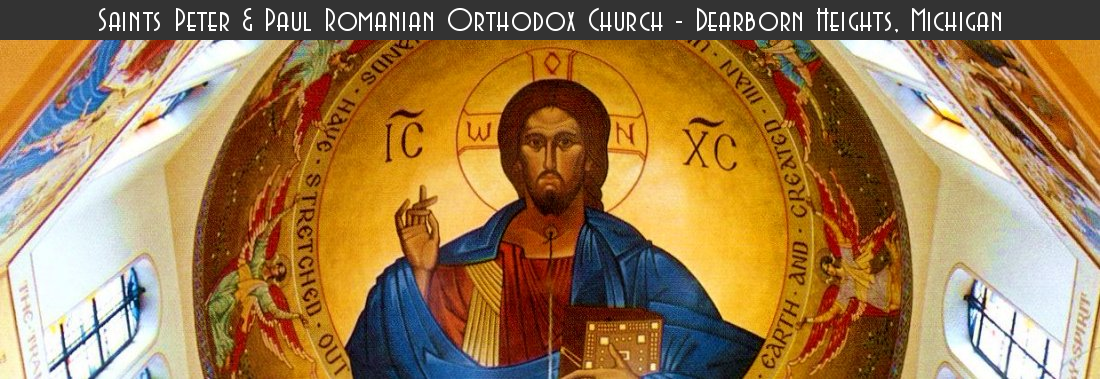From the Parish Priest – Fr. Romey Rosco
Question:
How should I be fasting during the Lenten seasons?
Answer:
Fasting is important to our spiritual life and development. On many different levels, the Church tells us to fast.
Most familiar to us, there is the weekly fast on Wednesdays and Fridays (some Orthodox fast on Mondays also); there are the seasonal fasts (before Pascha, before Christmas, before Sts. Peter & Paul Day, before the Dormition Feast Day); there are one-day fasts prior to some feast days (ex: Theophany Eve); and there is the exhortation to fast before every great undertaking.
If you add up all of the fasting days in a year, you will find that we are called to fast more than 200 of the 365 days.
Now to your question. It may seem in this country that there are as many fasting prescriptions as there are jurisdictions, and more! In other words, they vary in practice, if not in theory.
We seem to have the attitude that, because we live in a hectic and driven society, we, as Orthodox, cannot, or should not, be bothered with much fasting; we need the energy to keep going, and we are constantly told we need a “balanced diet” to maintain good health. In other words, take care of your body, and that will do enough good for your soul. Aren’t there enough physically healthy, yet spiritually weak, people to disclaim that idea?
What do the canons (church laws), as well as the writings of the Holy Fathers, say about fasting? Well, they all tell us to abstain from meat and meat by-products, such as dairy, lard, etc., AND TO ABSTAIN FROM SINS AS WELL. After all, our Lord and Savior sacrificed His flesh and blood for our sins. So, in repentance for our sins (and not just to lose weight), we must sacrifice in reverence for His greatest of all sacrifices, renouncing the flesh, confessing our sins, and taking steps to avoid sinning in the future. St. John Chrysostom tells us that fasting is unprofitable unless all other duties follow with it.
Fasting should never be seen as a form of punishment for our sins, but rather as a voluntary act of cleansing and preparation of body and soul, so that we may fulfill our life with our whole being, and not just with our thoughts. Fasting is a loving act in response to the most loving act by our Lord and Savior, and as such, it certainly has its place in our way of life.
If not, then we are not following the Way of Christ, who Himself fasted in the tradition of Moses and the Prophets.
How should we fast? No meat, no dairy products. And yes, no wine or olive oil.
If you are elderly or infirm (ill), then you are exempted from the above regulations. However, you are encouraged to do what you can do. But I know of no priest who will knock on your door to inspect your refrigerator to see how (or if) you are fasting. That is entirely up to you.
Ignore the fast, and it is your loss, and you can join Adam and Eve in their rejection of God’s command to not eat of the forbidden fruit.
If you make the needed effort, and go as far as you can go with it, at whatever pace you can, then you will find yourself in good spiritual shape to continue the fight against evil in the world around you. You will have chosen Christ and His Way. You will be traveling the road of salvation.
From The Weekly Bulletin, Vol. XXVII No. 14, 2 April 2000
Sts. Peter & Paul Romanian Orthodox Church, Dearborn Heights MI


